
The discharge from NHS mental health services of an Iraq war veteran suffering with post-traumatic stress disorder just days before his death was “premature”, an inquest has heard.
Lance Shingler, who had previously served in Iraq with the Royal Green Jackets regiment until 2007, died on February 13 last year.
A three-day inquest being held at Birmingham’s Villa Park has heard a pathologist concluded the cause of the father-of-two’s death was toxicity caused by an overdose of prescription medication, contributed to by alcohol.
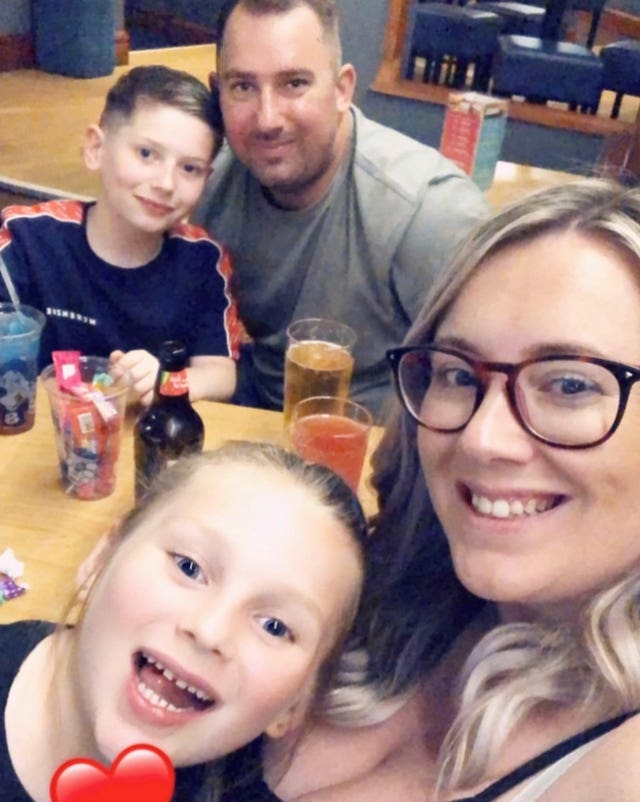
Three days before his death he was seen by a doctor with the Birmingham and Solihull Mental Health NHS Trust’s home treatment department, but was discharged to another part of the organisation, senior coroner Louise Hunt heard on Friday.
The trust’s own “serious untoward incident review”, triggered following Mr Shingler’s death, concluded “the discharge from home treatment (team) was premature”, according to Caroline Wild, the trust’s patient safety manager.
The inquest previously heard Mr Shingler had attended third-sector and charity veterans services as well as those offered by the NHS, including the Battle Back course and workshops and assessments provided by the charity Combat Stress.
On February 5 2020, Mr Shingler had a mental health crisis and voluntarily attended a nurse-led psychiatric unit, but walked out before the assessment could be finished.
He then attended an appointment with the trust’s home treatment team, led by specialist locum Dr Mujahid Ur Rehman, on February 10.
Ms Hunt, Birmingham and Solihull’s senior coroner, asked Ms Wild: “We heard evidence from Dr Rehman in relation to that appointment and I just wanted to understand the investigation’s findings, relating to that appointment, because I think from what I have read there is a concern he may have been discharged too quickly.”
Ms Wild replied: “The discharge from home treatment (team) was premature, he should have remained on their active case load for further ongoing assessment and in order to monitor the effects of newly proscribed medication and for a fuller assessment to have been undertaken.
“That may have involved liaison with Combat Stress, given he had showed them the letter saying they said they could no longer provide the service he was expecting.
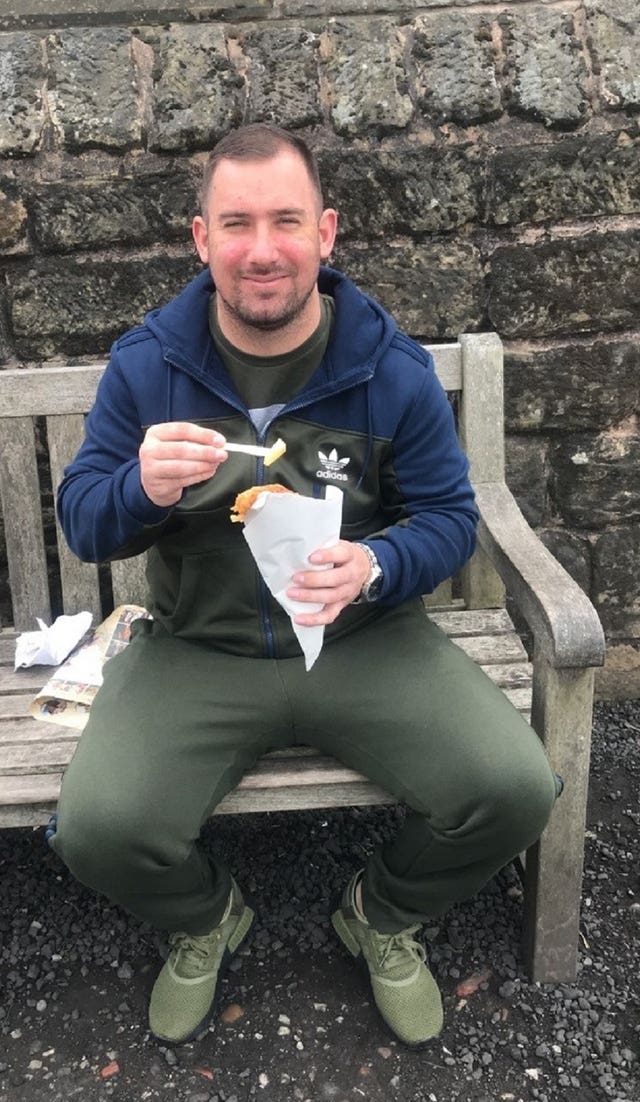
“I think they could have perhaps tried to develop a relationship with him, so he might have trusted them more, which might have eased the transition to the community mental health team.”
She added that the home treatment department “perhaps should have assisted” Mr Shingler in getting in touch with other mental health services.
Ms Hunt asked: “That didn’t happen, but there’s no way of knowing what would have happened if it had done?”
Ms Wild replied: “The sad thing is we don’t know whether Lance would have allowed the home treatment team to do anything of those things – but we don’t know that he wouldn’t, either.”
Earlier, Ms Wild said the purpose of the “serious untoward incident review” was to assess its handling of the care and treatment of the veteran, adding it had concluded with a series of recommendations on improving services for ex-service personnel.
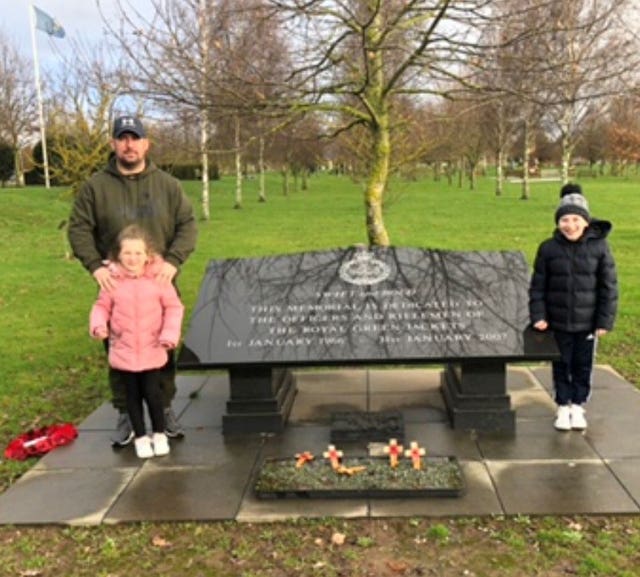
Ms Wild said: “These (reviews) are undertaken when there’s any event such as a death or something which impacts on an individual that might have life-changing or life-limiting impacts.
“It is looking at the care given; was it appropriate, was it timely, was it in line with policies and procedures, did it meet the guidelines and were there any areas we fell short in. Are there any recommendations we need to make to potentially reduce the likelihood of incidents happening again.”
Giving an overview of Mr Shingler’s mental health history, Ms Wild described how he first accessed services in 2011.
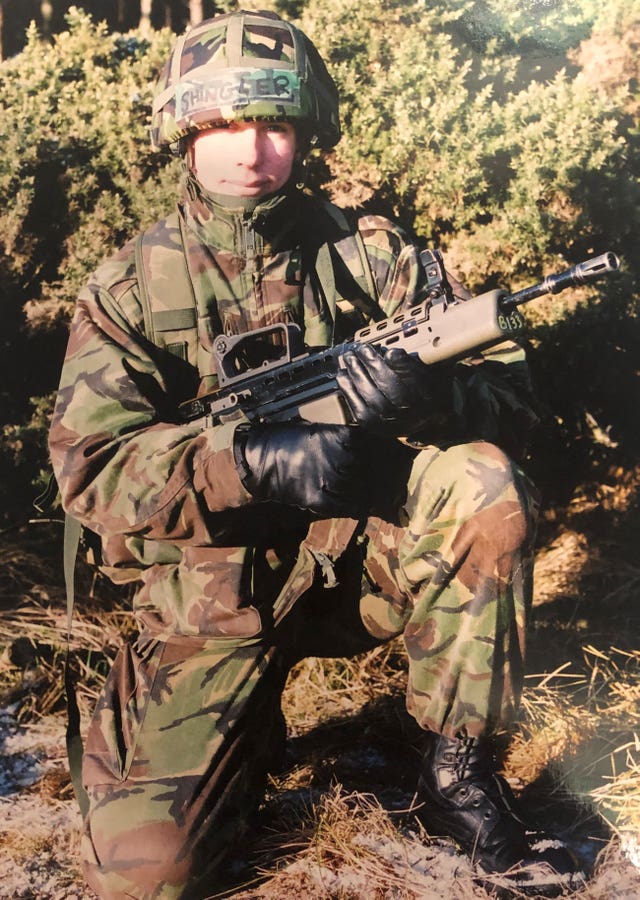
She described several occasions between 2017 and 2020 when Mr Shingler’s records showed he had attended accident and emergency, after either self-harming or reported suicide attempts.
In a separate referral in June 2019, he told mental health workers that “27 of his Army mates had died”, she said.
She confirmed the trust had signed the Armed Forces Covenant, explaining that the voluntary agreement, made up of thousands of signatory organisations, aim in her view to be “more aware and sensitive to needs of veterans and to be sensitive to their needs”.
Asked by Sophie Khan, the family’s lawyer, whether the trust had breached the covenant, Ms Wild replied “No”, adding: “I don’t think that we didn’t meet the needs of veterans.”
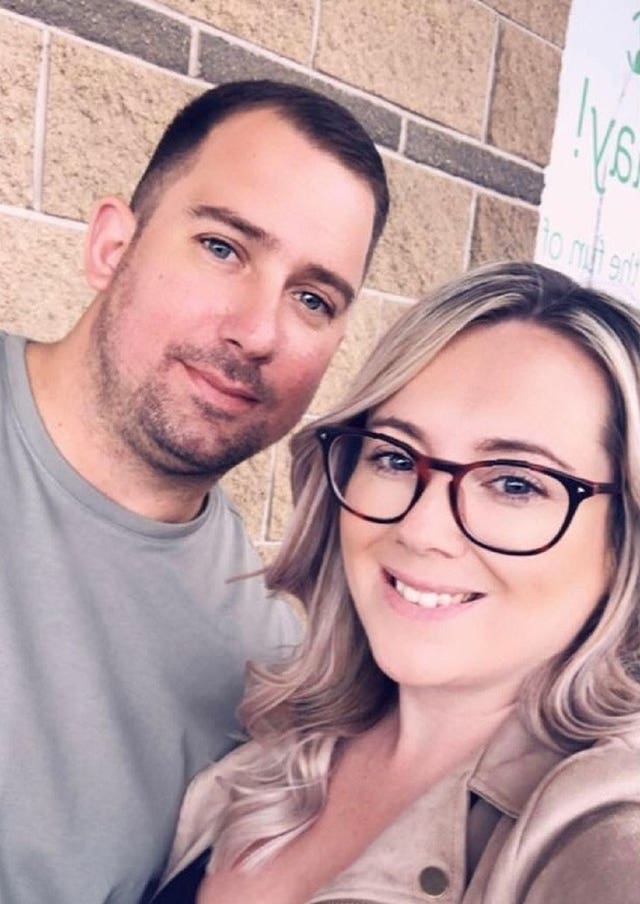
The inquest has previously heard evidence from a police officer who built a rapport with Mr Shingler, who told the coroner she was “surprised” and “disappointed” he was not sectioned on February 5.
At the start of the inquest, Mr Shingler’s partner of 10 years Hayley Gough paid a tearful tribute to the “love of her life”, who she praised as an “amazing daddy” to their two children.
The inquest continues.
Help can be found by calling the Samaritans, free at any time, on 116 123 or by emailing jo@samaritans.org or visiting Samaritans.org.


Comments: Our rules
We want our comments to be a lively and valuable part of our community - a place where readers can debate and engage with the most important local issues. The ability to comment on our stories is a privilege, not a right, however, and that privilege may be withdrawn if it is abused or misused.
Please report any comments that break our rules.
Read the rules here